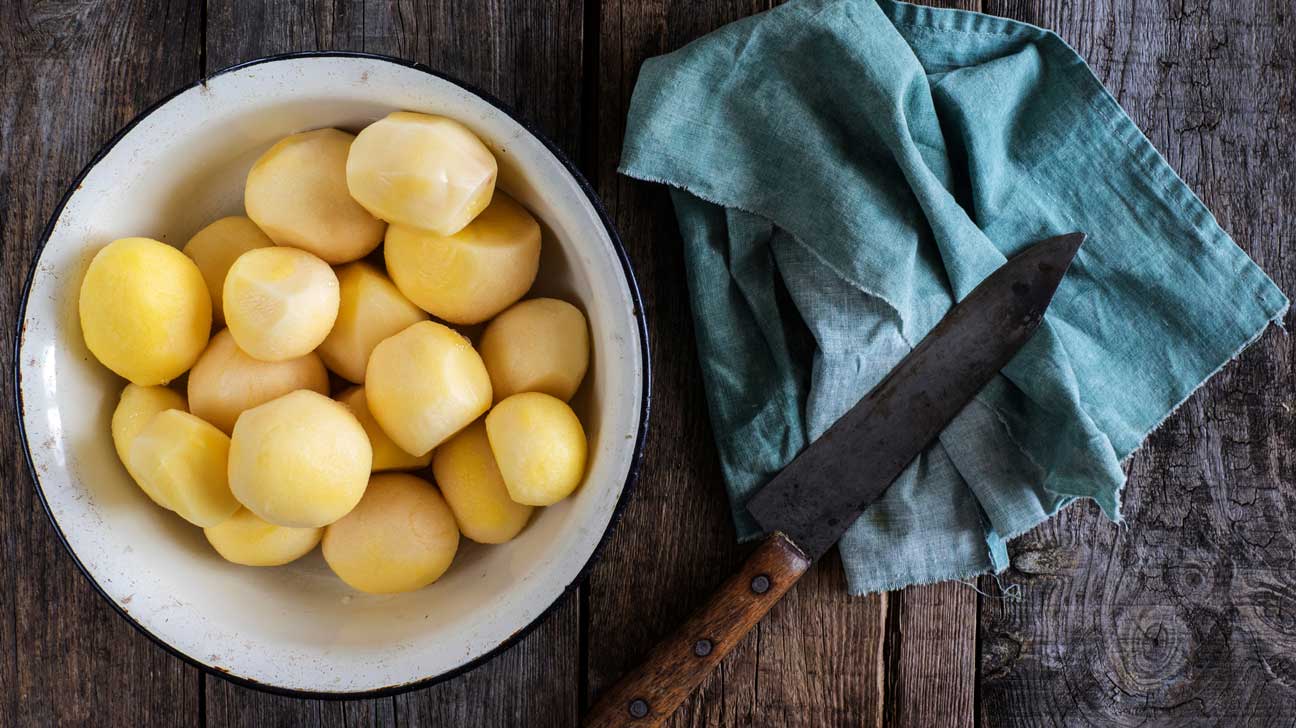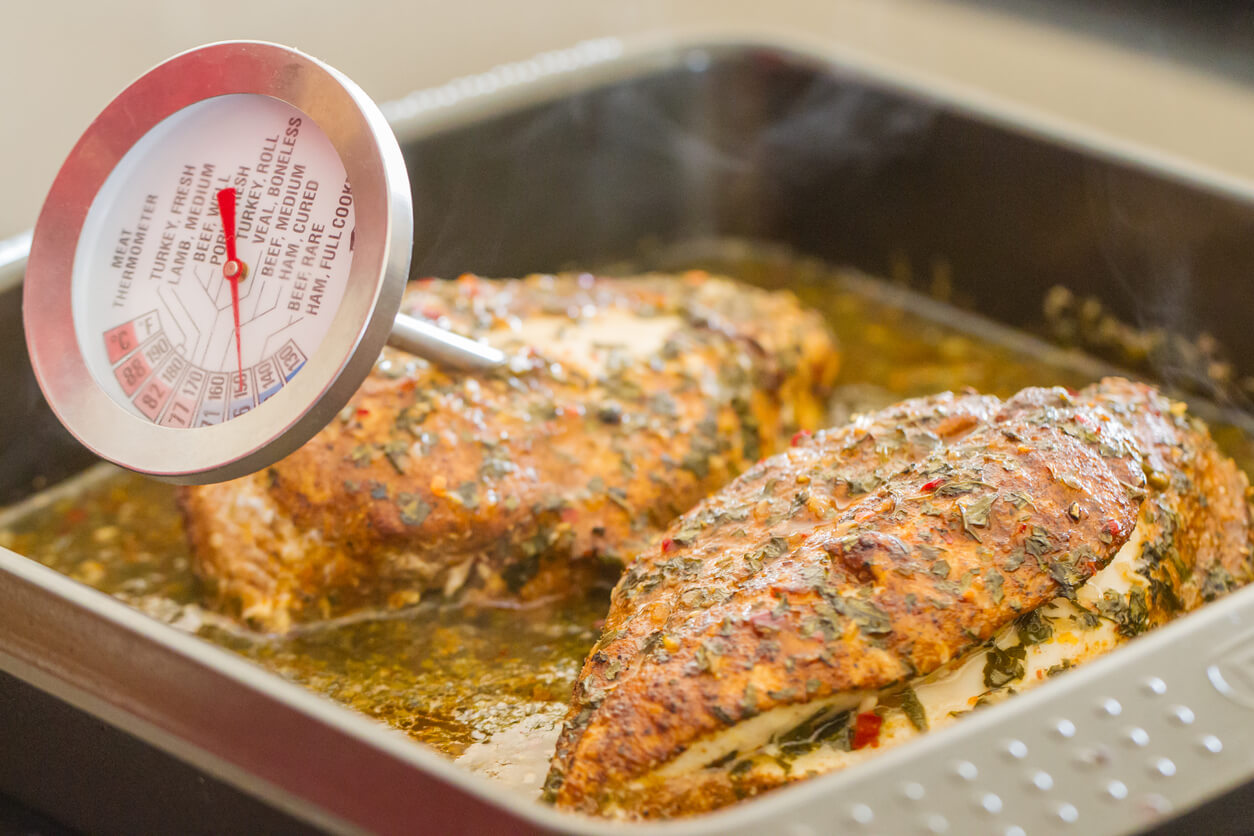When it comes to cooking, salt is the one ingredient that can make or ruin a dish. Salt is a crucial component since it improves the flavour of everything it is put to, including fruit, eggs, meat, and yes, even sweets. But occasionally, we can all become a little irrational.
But you're not always in a bind when your food is oversalted. You can take steps to address the issue; the important thing is to choose the best course of action for your particular recipe.
Three Ways to Avoid Oversalted Food
Foods can rapidly move from being perfectly salted to being oversalted. Here are some suggestions to help you avoid oversalting food as you cook:
Make sure to use the specified components if a recipe calls for low-sodium items, such as unsalted broth or low-sodium soy sauce. Otherwise, the final product will be too salty if you use the salted versions and still add the recommended amount of salt.
Many home cooks gain so much confidence in their abilities that salt measurement is sometimes forgotten. This occasionally works but occasionally results in a salty dish.
The salt-absorbing potato myth
According to the hypothesis, adding a few pieces of potato to overly salty food and then taking them out will cause the potato to absorb the extra salt. However, author Robert Wolke detailed his scientific examination of this myth (with the help of a chemistry lab assistant) in his book What Einstein Told His Cook: Kitchen Science Showed and explained why it is untrue. Wolke asserts that while the potato does absorb part of the liquid and subsequently acquire a salty flavour as a result, the surplus salt is not actually eliminated, any more than would dunking a dry kitchen sponge in water. Simply put, it gets saltwater-logged.
Simply add water
Simply adding a little water, sodium-free stock, or another saltless liquid helps reduce the amount of salt in soups, stews, and other liquid-based recipes. However, it can thin out what you're preparing and prevent you from boiling it down, leaving you back where you started. Create a roux or cornflour slurry and add it to the soup as a thickening to counteract it. Rachael Ray's website states that you may even prepare a purée out of white rice and water to give the salt another flavouring without overly diluting your recipe.
Add some acid.
When anything is just a little too salty, something acidic, like lemon juice or vinegar, can also bring everything back into balance. Similar to salt, acid is a key flavouring element. People frequently mistakenly believe that food needs salt when all it truly need is a little acid (knowing that is a good way to avoid oversalting your food). The acid might hide the saltiness, but it won't actually make it go away
Advice on reducing salt intake
Be mindful of the ingredients you use. You might not need as much additional salt if you use very salted products, like bottled stocks. Use low- or no-sodium versions wherever possible so you can regulate your own salt intake. And while following recipes, never directly swap one salt kind for another. If a recipe calls for kosher salt, use kosher instead of measuring considerably more table salt than is required because kosher salt has larger grains. Even while adding salt as you go is crucial, it only counts if you taste as you go. Remember the salty flavours you'll be adding later or finishing with, too, such Parmesan cheese, capers, Worcestershire, and others. Last but not least, if you can't taste as you
















